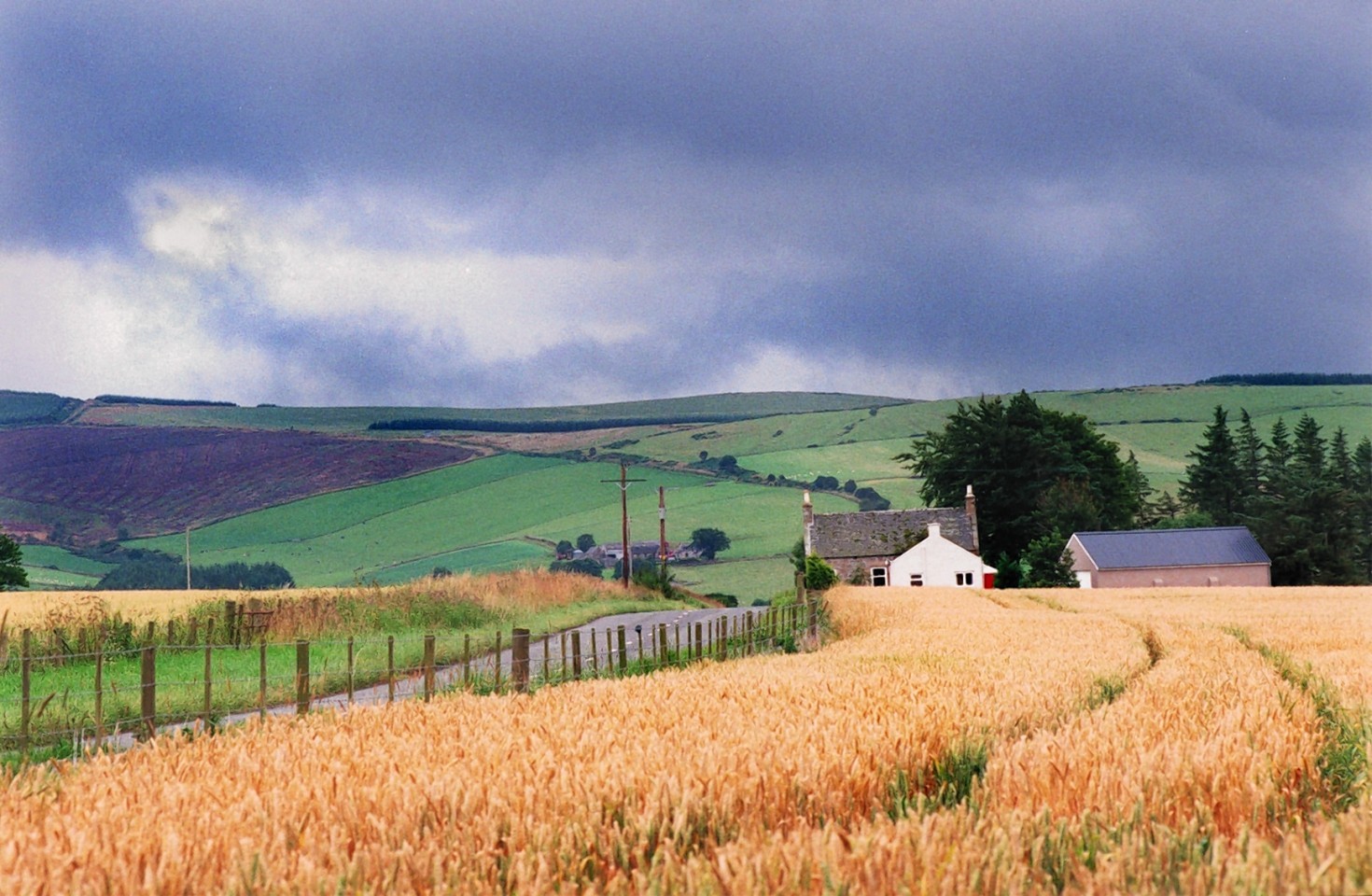A new Landowners’ Charter was set out on this week by Scottish Land and Estates.
According to the organisation, the charter has been designed to demonstrate what good land ownership and management means, while also setting standards of good practice to which landowners should aspire.
Chairman of Scottish Land and Estates David Johnstone said: “This commitment sends a clear message of what constitutes good practice in land ownership and provides a framework within which landowners can continue to deliver a range of benefits while demonstrating best practice at all times.
“There are those who take great delight in stigmatising private landownership regardless of the overwhelming evidence of the positive contribution we make. Time and again we are reminded that the admirable efforts of the majority of landowners are undermined by a minority who make little or no effort to engage with their communities or the people they work with and live alongside.”
The charter will consist of four main pillars which encourage landowners to be open, inclusive, enabling and responsible.
Despite the positive picture being painted by Scottish Land and Estates, the Scottish Tenant Farmers’ Association (STFA) has taken a more cautious approach when considering the possible benefits of the charter.
STFA chairman, Christopher Nicholson commented: “While the STFA welcomes any encouragement of improved standards of landownership, the timing of this announcement and lack of detail in the initiative will not convince Scotland’s tenant farmers. More than a decade of the cross industry Tenant Farming Forum has left tenants jaded and cynical about the will of landlords to share Scotland’s land asset and potential opportunities with others.
“Whilst the principles defined in this charter may be laudable, most are common-sense and aimed at good behaviour, merely preserving the status quo, but key to the success of any initiative is the ability to deal with rogue landlords, not members of any organisation who are a law unto themselves.”
